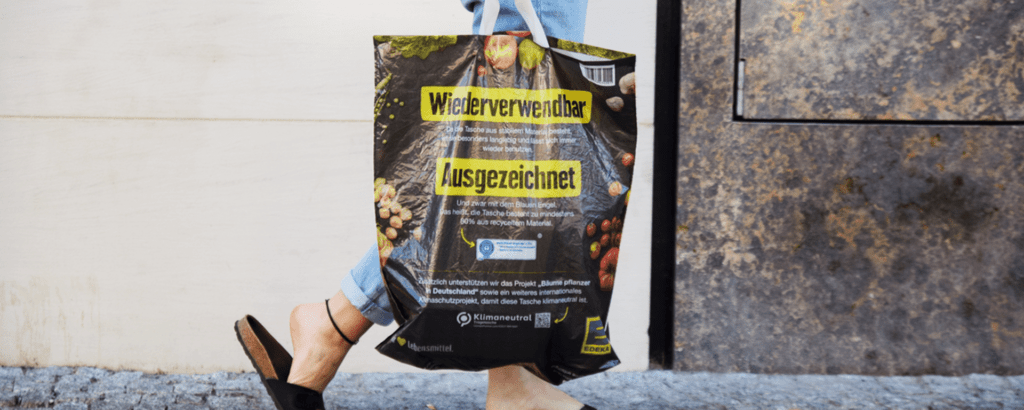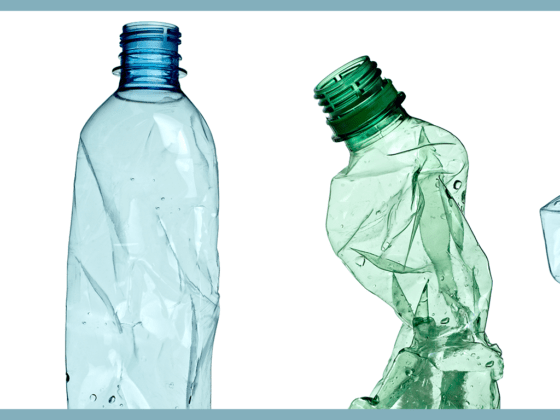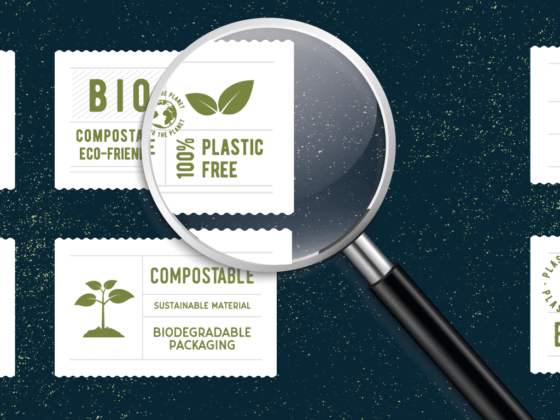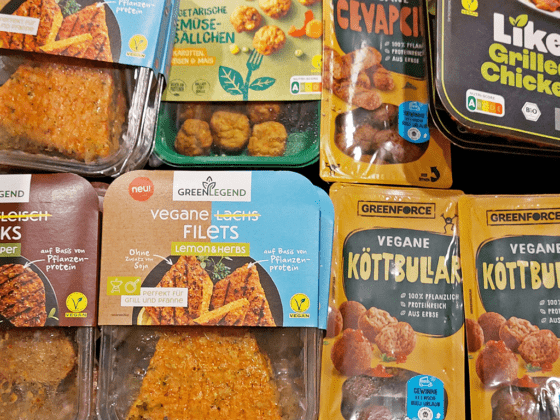Cheat bags
Plastic bags have been banned in supermarkets, discount stores and drugstores since January 1, 2022. But not all retail chains are complying – instead, they supply their customers with cheat bags, which contain even more plastic than those bags we have been using for decades. The practices uncovered by the German Environmental Aid (DUH) are now calling Federal Environment Minister Steffi Lemke ( Alliance 90 / GRÜNE) to the scene. She is demanding that retail chains comply with the ban.
“To lead the current law by the nose by simply making disposable bags minimally thicker is detrimental to the environment. I hope that it does not need another legal regulation,” said the minister, referring to the practice in supermarkets. German Environmental Aid had called on the politician from the Greens (Grüne) to improve the law.
The environmental protection organization denounces that the cheat bag scam does not reduce the amount of plastic in circulation, but in fact increases it. The retail chains are taking advantage of a loophole in the new law, which only prohibits plastic bags with a wall thickness of 15 to 49 micrometers. According to DUH, supermarkets, discounters and drugstores would simply make their single-use bags thicker by fewer micrometers. The thickness would thus be 50 to 60 micrometers.
To be precise, we are talking about Edeka, Netto Nord, Netto Markendiscount, Norma, Müller and Rossmann. The retailers point out that the bags are in customer demand. Edeka explained that it encourages customers to use the bags several times.
A statement that is sharply criticized by DUH. “Advertising claims that describe single-use plastic bags as reusable products despite their predictably short usage period are particularly brazen,” says Thomas Fischer, Head of Circular Economy at DUH. “Retailers such as Norma, Rossmann and Edeka try to gloss over their unecological bags with corresponding reusable slogans. Consumers are being led around by the nose here.” The retailers Kaufland, Lidl, Rewe, Penny, Aldi Nord and Süd show that it is also possible to do without single-use plastic bags. “They have banned the plastic environmental sin,” says Fischer.
Malte Biss, founder and CEO of flustix, also clearly criticizes the practices. “The trust that Minister Schulze has invested in the economy is being destroyed with such trickery. The case shows: pure bans are of little help, especially if they are circumvented by some – to the disadvantage of companies that comply with the regulations. One solution is certification by independent third parties. They offer security – for politicians, business and consumers.”
The credibility of companies that advertise their products as sustainable and climate-neutral is under scrutiny anyway. Just a few days ago, the former impact start-up Got Bag came under fire. The company advertised that it made bags and backpacks from plastic collected from the sea. In the meantime Got Bag had to admit that only a part of the material is recycled plastic from the oceans. Additionally, the portal Utopia reported that there was neither an environmental balance sheet nor a life cycle analysis for the products. The CEO of flustix Malte Biss noted, “This case also shows how little consumers can rely on promises made by companies without independent licensing.”
Service
The shopping bag lexicon
According to the German Environmental Aid (DUH), single-use shopping bags are among the biggest environmental sins committed by retailers. In 2019, for example – before the ban came into force – just under 1.5 billion lightweight plastic bags with wall thicknesses of less than 50 micrometers were still in circulation in Germany. Which carrier bag helps protect the environment? A quick glossary.

Paper bags
Many people consider paper bags to be an environmentally friendly alternative – but they are not, according to the experts at the German Environmental Aid: “Paper bag production consumes a lot of water, energy and chemicals. In addition, they have to be thicker-walled and therefore consume more raw materials. Furthermore, paper bags are mostly produced from virgin material, for which a large number of trees have to be cut down.”
Reusable plastic bags
Conditionally suitable – if recycled plastic is used for production. Be sure to check if the recycled content is verified by independent institutes and organizations like flustix.

Jute bags
Costly, but long-lasting. It is up to us as consumers to treat these bags with care and use them again and again. Stacked in piles in the storage room, they have no positive impact on the environmental balance when shopping.
Shirt bags
The bags with a wall thickness of less than 15 micrometers used in fruit and vegetable departments may continue to be used. According to DUH, the problem is that these ultra-thin bags cannot be reused, and end up in the residual waste or are caught by the wind and become “blow trash” in the environment.
Reusable net for fruit and vegetables
You can buy these nets almost everywhere, and they are also recommended by environmental protection organizations. A simple, inexpensive and sensible measure to stem the tide of plastic when shopping.
Your own backpack
Absolute winner in terms of environmental balance. Can be reused for years, and shopping can be done by bike.
 English
English Deutsch
Deutsch




